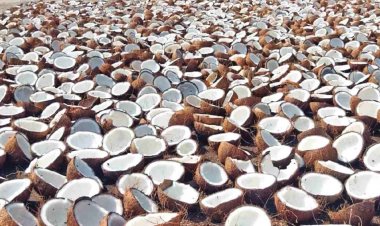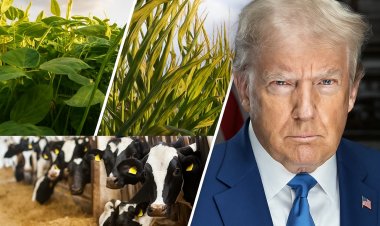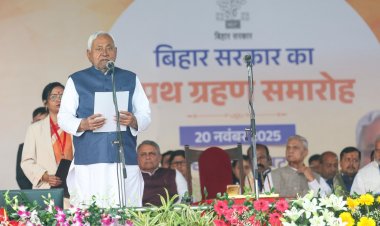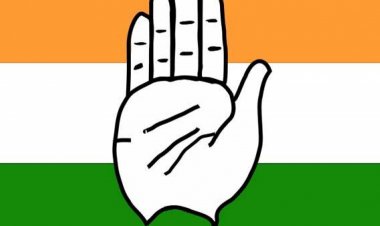Stockholders to mandatorily disclose stocks of Tur: Centre to States/UTs
The states/UTs have been asked to direct stockholder entities to upload the data of stocks held by them on the online monitoring portal of the Department of Consumer Affairs on a weekly basis. The Centre is closely watching the overall availability and prices of pulses in the domestic as well as overseas markets to take necessary pre-emptive measures in an event of unwarranted price rise in the upcoming high-demand festival months.
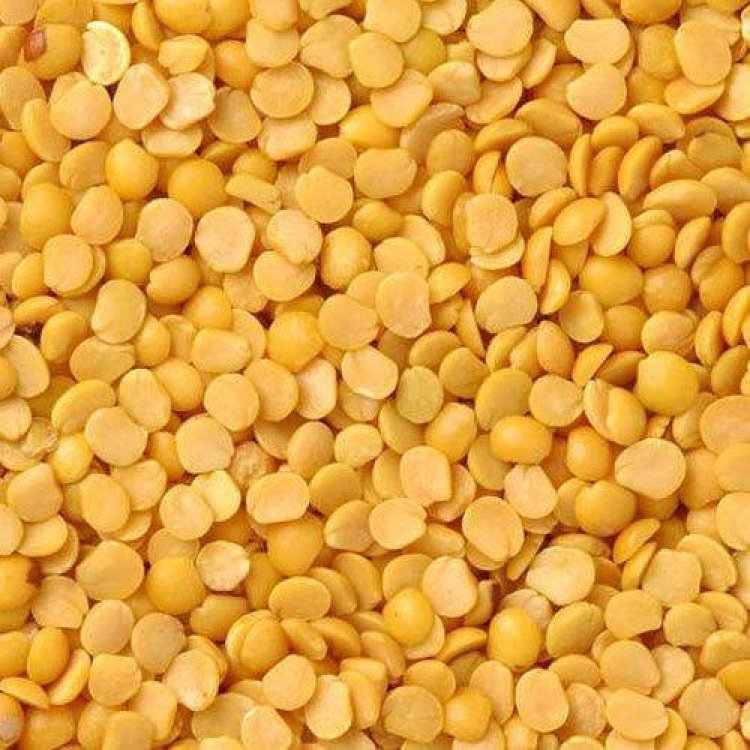
The Department of Consumer Affairs issued a directive to all the states and UTs today to enforce stock disclosure by stockholders of tur under Section 3(2)(h) and 3(2)(i) of the Essential Commodities Act, 1955, and also to monitor and verify the stocks. This was stated in a press release from the Ministry of Consumer Affairs, Food and Public Distribution today.
The states/UTs have also been asked to direct stockholder entities to upload the data of stocks held by them on the online monitoring portal of the Department of Consumer Affairs on a weekly basis.
The release says that there are reports that some sections of stockists and traders are resorting to restricted sales in an attempt to create artificial scarcity to push the price upward. However, it also states that the retail price of tur has been on an upward trend from the second week of July 2022, following the slow progress in Kharif sowing as compared to last year. The sowing has been affected by excess rainfalls and water-logging conditions in parts of the major tur-growing states of Karnataka, Maharashtra and Madhya Pradesh.
According to the data available on the National Food Security Mission (NFSM) website, as of August 12, the area for total pulses has gone down by 5.11 lakh hectares compared to the same period last year. The area sown has gone down by 4.02 per cent from 127.22 lakh hectares to 122.11 lakh hectares. There has been a decline in the area sown for tur (arhar), kulthi, moong and urad though it has gone up for other pulses. In the case of tur, the area sown has gone down from 47.55 lakh hectares to 42 lakh hectares — a decline of 5.55 lakh hectares or 11.67 per cent.
The Centre is closely watching the overall availability and prices of pulses in the domestic as well as overseas markets to take necessary pre-emptive measures in an event of unwarranted price rise in the upcoming high-demand festival months.
India's retail inflation based on Consumer Price Index (CPI) eased to 6.71 per cent in July, data released by the government today showed. However, it continues to remain above the upper tolerance level of the RBI, viz 6 per cent, for the seventh month.
Food inflation, which accounts for nearly half the CPI basket, was 6.71 per cent in July. Thus, it still remains a cause for worry.
However, the press release from the Ministry of Consumer Affairs, Food and Public Distribution says that on top of the sufficient overall availability of pulses in the domestic market, the government is currently holding about 38 lakh tonnes of pulses, which are being released in the market to further augment the stocks available in the market.



 Join the RuralVoice whatsapp group
Join the RuralVoice whatsapp group




















